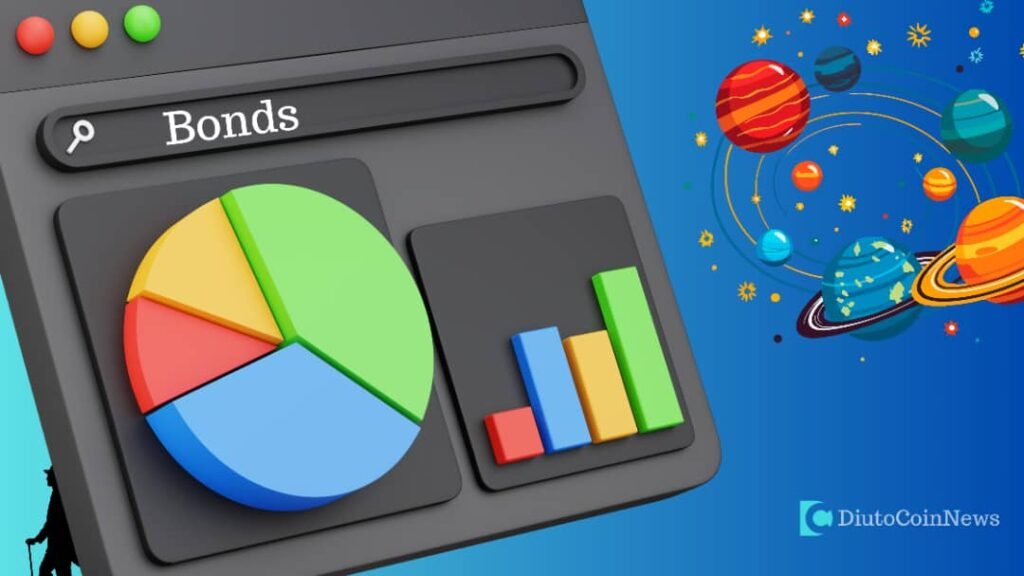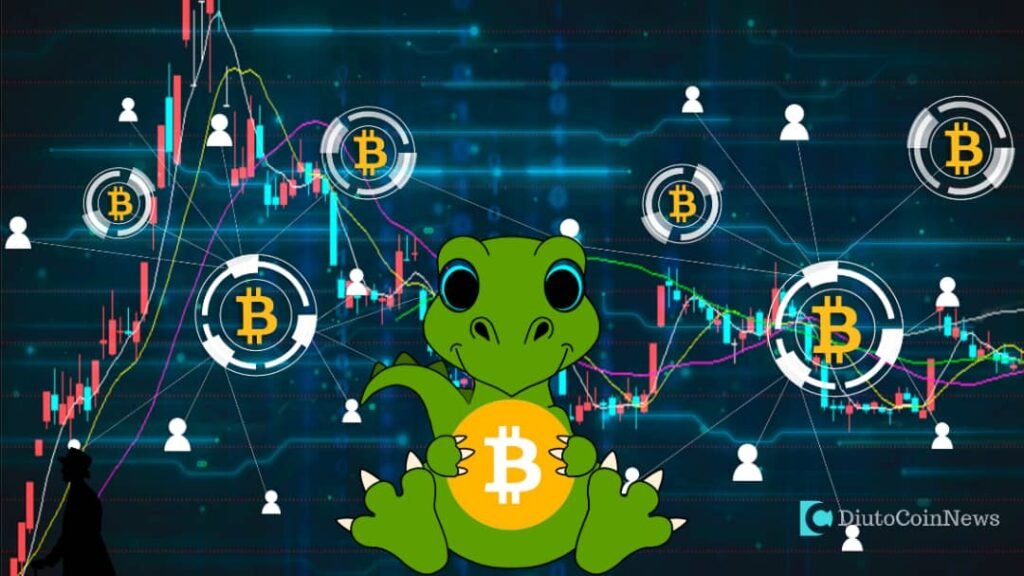The versatility of Blockchain allows all sorts of technology applications to be built on it. Crypto ecosystem usually comes to mind , but blockchain usage cuts across and crisscrosses many functions.
Financial assets can be either physical objects (tangible) or digital goods (intangible). But regardless of the type, where there are assets that hold value, there is a potential market.
This article will take a look at prediction market which could benefit significantly from blockchain technology.
What are prediction markets?
A prediction market is a speculative market where participants trade not on options or cryptocurrencies, but instead on information. Specifically, investors in prediction markets bet on the outcomes of future events.This can be any event conceivable (provided, of course, that a broker is willing to list it). Let’s take the example of a question with a yes/no outcome: Will a train from the US to Europe run by 2025?There are two possibilities here. Either it will, or it won’t. If you’re confident that such a train will not be operational in the next five years, you could purchase a number of no contracts. These might be priced somewhere between $0 and $1. If the train is not running by the deadline, no contracts will be redeemable for $1, and yes contracts will have no value. Conversely, if it does operate, then no contracts will be worth nothing while yes contracts will be worth $1.In the meantime, the value will fluctuate as market sentiment changes, and new information becomes available. In our above example, for instance, prices of no contracts might increase if there is no development in underwater tunnel technology as the deadline nears. An announcement that a major company plans to roll this train service out for 2024 might, however, cause the price of yes contracts to increase.
Why prediction markets are useful.
Chances are that, in placing a bet, a market participant has some knowledge that influences their decision. Unlike in regular gambling, there are external factors that will impact the likelihood of particular outcomes.Smart investors will do their research, and experts will weigh in. Those with insider knowledge or familiarity with the subject matter will invest in the contracts they feel are most likely to be worth more. In a nutshell, prediction markets serve as aggregators of information.In our cross-continental train example, if no contracts are trading at $0.90 and yes contracts at $0.10, it tells us that relatively few people have faith in the concept’s success. The market’s collective insights have been reflected in the data, as those with information are economically incentivized to ‘report’ their knowledge.Prediction markets excel at amassing and representing information. They work on the principle that the wisdom of the crowds will always be superior to the data known to only a few experts. By examining these markets, stakeholders across all industries – from IT to renewable energies – can benefit from understanding what the ecosystem believes is likely to occur. More than that, the markets crowdsources information to get an accurate picture of future outcomes. According Proponent even believe that prediction markets could serve as a core technology in a new form of democracy known as futarchy.We need not have yes and no contracts, either. We can use any mutually-exclusive outcomes – one popular example is that of a presidential election. Suppose that two candidates, Candidate A and Candidate B, are competing. Betters could buy Candidate A contracts if they believe Candidate A will win, and Candidate B ones otherwise.
The Relationship Between Prediction markets and blockchain technology.
Prediction markets may very well be formidable tools, but their value proposition could be greatly strengthened if they were to be decentralized. Centralized platforms today are limited in what they offer – whether due to local regulations or to owners’ reluctance to list certain contracts. Ultimately, users must trust the operator of such a platform, and pay additional fees for the ability to make use of their services.
The conventional centralized model can be replaced by decentralized alternatives with a blockchain-based approach. This can provide many benefits, such as censorship-resistance, a reduced number of intermediaries, and increased accessibility.
Censorship-resistance: Can’t be Closed Down.
Incumbent prediction markets are typically run by a single party. This means that entities such as government authorities or malicious actors can easily shut them down. Decentralized platforms cannot be taken down so easily.When governed by smart contracts, this single point of failure no longer exists. Every node on the network runs the code. Should the contracts be built in a certain way, no user will be able to edit or delete the programs that underpin the market.
No middlemen ( Open)
Blockchains don’t require administrators. As the work traditionally done by third parties is outsourced to automated code, there is no longer a need for intermediaries. Users interact directly with smart contracts, meaning that they don’t pay fees to a third party (as would be expected with a centralized platform). This also removes some counterparty risk since the user isn’t trusting anyone.
Lower to No fees
With decentralized prediction markets, individuals around the world are free to place bets or to create contracts available to users globally. Geographic and regulatory restrictions that plagued previous platforms could cease to be a problem.
Can I make money on prediction markets?
It’s a zero-sum game. If you bet correctly, you will win money from those who bet incorrectly. But if you bet incorrectly, you will lose money
Discover more from DiutoCoinNews
Subscribe to get the latest posts sent to your email.














